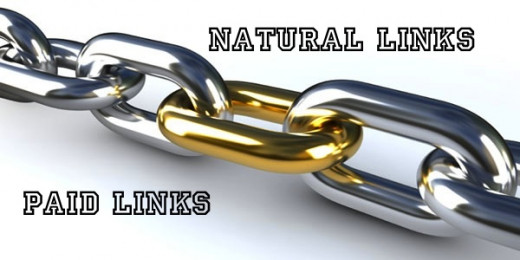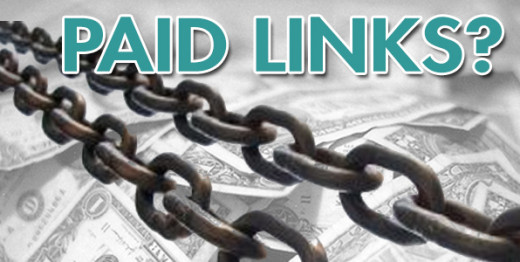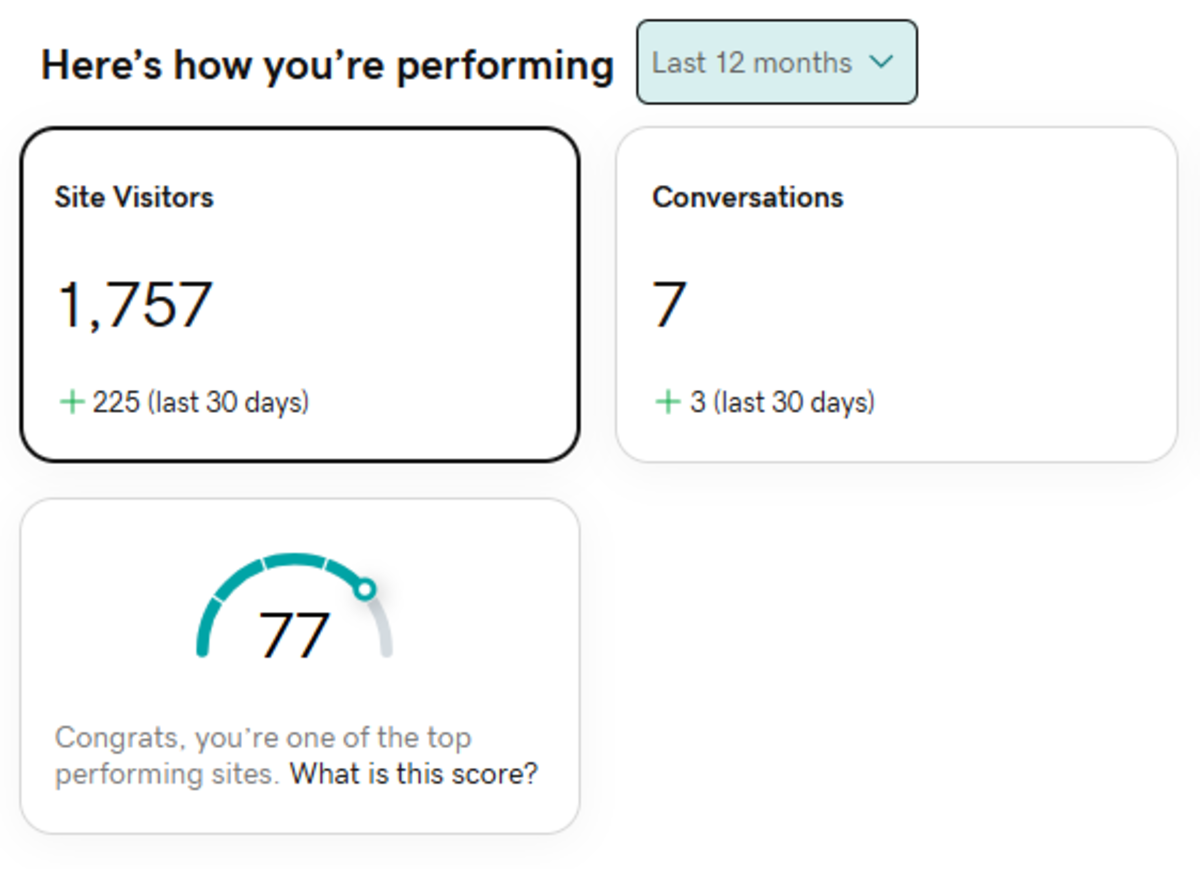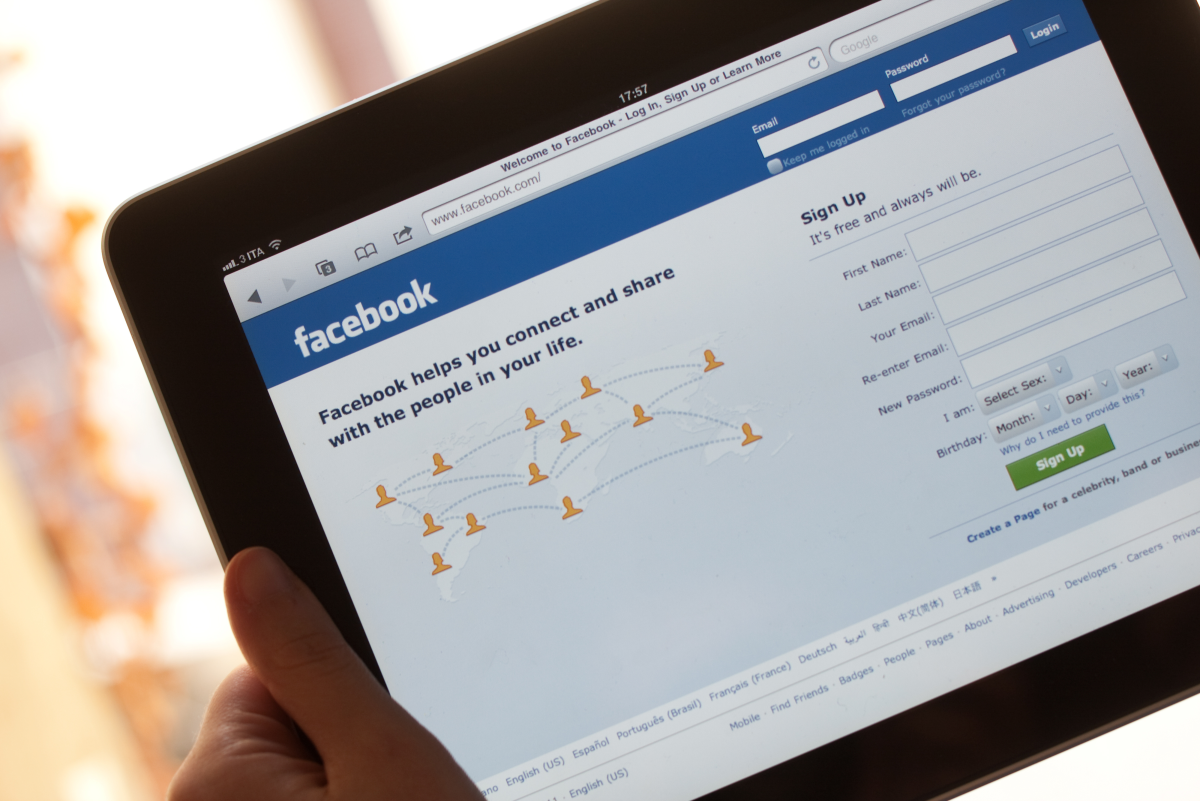Pros and Cons of Buying Links
There are two sides to search engine optimization (SEO): on-page and off-page optimization. Off-page means getting links from other websites to point back to your site, which strengthens your site's position in search engine results.

In this article, we're going to look at the idea of buying links. I want to state though that I'm not recommending that you buy links, but I do think you need to understand what's going on here, why people buy links and why Google both punishes and rewards the purchase of links, because it really is a big part of SEO.
Link building is an art. It's almost always the most challenging part of an SEO's job, but also the one most critical to success. Link building requires creativity, hustle, and often, a budget.
As we know, Google devised a great way to rank web pages. The real Google revolution back in 1997 was to use links to figure out both what websites were about and how important they were likely to be. That's great, until people realize what you're doing, and then realized that they can game the system by creating links that are intended to send you the right signals. Of course from there, it's not a huge jump to the idea of paying somebody to create the links you need, and as purchasing links is now a huge business, that's a problem for Google and the other search engines, because when you pay somebody to link to your site, you may end up with great links pointing to a lousy site. You're gaming the system and naturally the search engines don't like that. So what can they do? Well, they can discourage the purchasing of links even implementing penalties with this kind of cheating, but of course that means the search engines do two things.
They both reward and punish the use of purchase links. After all, nobody buys links for the fun of it. They buy links because it works at least some of the time, quite frankly, a lot of the time in the past, and even today if you're careful. So if you sell widgets from your website and you're new to the SEO game, you may discover that your competitors are ranking higher than you in the search engines because they've been buying links. For all Google may talk about link bait, it's actually quite hard for many businesses to create any kind of link bait that will have an effect. Who really wants to read about your widgets after all?
It's far easier to pay $50 a month perhaps or maybe a hundred bucks a month to somebody who will create the links for you. And so that's where we find ourselves in the SEO world, in a situation in which for years the major search engines have rewarded websites for buying links. If they didn't, people wouldn't buy them, while at the same time trying to figure out who is buying links so they can punish them or at least stop them from doing so. There are actually two huge problems for the search engines.
Firstly, it can often be very difficult for the search engines to figure out whether a link is a paid link or not. After all there's no dollar attribute in an anchor tag showing whether you paid for the link, and if so, how much. A really well placed paid link may look no different from a free link. After all, how can Google tell if a blogger is linking to another site, because the blogger likes the other site or because the other site just PayPaled the blogger fifty bucks?
The other problem is to know even if they figure out that a link has been paid for, who to punish. After all the search engine doesn't know if a paid link was paid for by the owner of the site to which the link is pointing or by a competitor hoping to harm the site, a strategy sometimes known as Negative SEO.
So the search engines have a few possibilities. First, if they think a link has been paid for, they could simply ignore the link or perhaps ignore all the links on that page or even that site. That is, do not pass any value in effect regarded as a nofollow link. The harm being caused to the person buying the link of course is that the fee is wasted, as it isn't helping the site rank.
Unless of course you're buying the link purely for traffic, in which case Google recommends that the link be a nofollow link anyway. Google has definitely done this. In fact, a few years ago, many newspaper sites were selling text links; even today many are. And for a while, Google had to simply ignore the links in the page, which of course means a lot of good links get ignored. But Google sometimes take things further. Google may penalize the sites selling the links, dropping its PageRank for instance or it may even drop the site from the index. Quite frankly this is more likely to happen to a low quality site selling links than to a genuine newspaper site selling links. An otherwise reputable site might be dinged a little as Google recognizes that it still has some value.
Finally, the search engine could punish the site to which the paid link points, but that usually won't happen, because if the search engines had a policy of doing that, then companies would point paid links to their competitors to harm them. This can happen now and then, but generally in really egregious situations, such as when a low quality site has thousands of garbage links pointing to it, or as with J.C. Penney, when it got into trouble with Google early in 2001, when it's quite clear the company is involved. So as we've heard, the search engines don't want you buying links. But what does that mean? When is paying for a link the same as buying a link?










